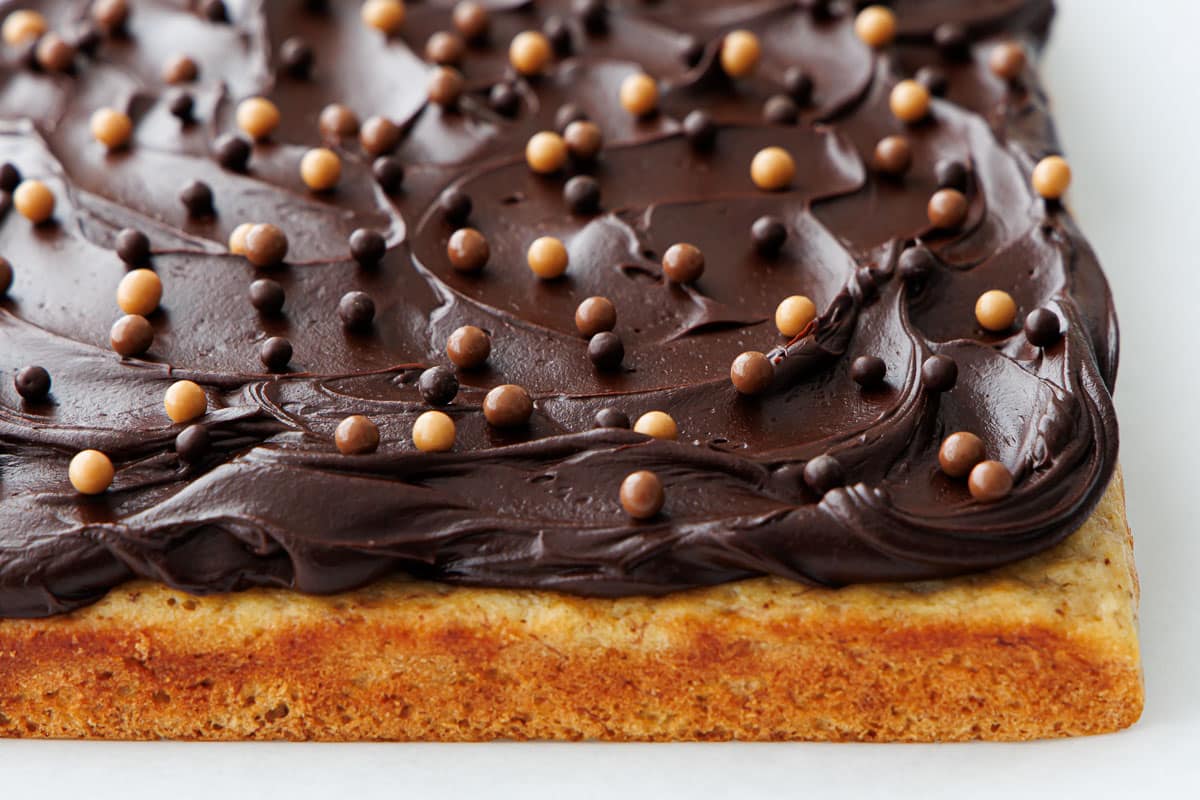10 Hidden Reasons Your Home Feels Cluttered (And How to Gently Address Them)
There’s an inexplicable heaviness that often accompanies clutter. It’s not just about the physical items occupying your space, but the emotional and mental weight they carry. If you’ve ever tried to declutter and found that the mess keeps coming...


There’s an inexplicable heaviness that often accompanies clutter. It’s not just about the physical items occupying your space, but the emotional and mental weight they carry. If you’ve ever tried to declutter and found that the mess keeps coming back, or if the atmosphere still feels heavy even after a big clear-out, it’s possible there are hidden reasons behind the persistent clutter.
Let’s explore these often-overlooked causes and find heart-centered solutions to each one.
1. Emotional Attachments and Memories
Your grandmother’s hand-knitted scarf, souvenirs from a past trip, or toys from your child’s toddler years. It’s not just about the objects; it’s about the memories and moments they encapsulate. It’s natural to want to hold onto these items, fearing that letting them go might erase those cherished memories.
Remember, the true essence of these memories lies within you, not the objects. Honoring these memories might mean photographing items or journaling about them, allowing you to declutter while still holding the sentiments close.
2. Fear of Waste and Regret
When you hold onto things because of the money spent, it’s not just about the object but the effort, time, and dreams those purchases symbolized. These items whisper of times you aspired for something, moments of self-reward, or instances of impulsive joy.
Recognizing that you’ve evolved and learned over time is crucial. Celebrate the growth these items represent, thank them, and allow yourself to release them without guilt. Trust that you are making room for the new lessons life is eager to teach.
3. Overwhelm and Paralysis
Gazing upon a room (or home) bursting with items can induce feelings of defeat before even starting. It’s not just about the mess; it’s the myriad emotions and memories intertwined with it.
Understand that it’s perfectly okay to feel overwhelmed. Consider tackling one corner or dedicating just ten minutes a day. Each small step is a victory, a reclaiming of your sanctuary, and a testament to your courage and perseverance.
4. Lack of Systems
It’s not always about having too much; sometimes, it’s about not having a place for everything. Every time you place something down thinking you’ll find its spot later, there’s a little sigh, a small promise deferred.
Re-imagining spaces can be therapeutic. Instead of broad systems, think of personalized solutions. Maybe a bowl by the door for keys or a hook for the bag you use daily. Tailor your home to you, making it a comforting embrace at the end of each day.
5. The “Someday” Syndrome
Items kept for a ‘someday’ reflect dreams. The fancy china for a grand dinner or craft supplies for when you have ‘time.’ They speak of aspirations and a future imagined. But sometimes, waiting for that perfect moment means missing out on today’s joy.
Consider using that china for tonight’s dinner or starting a tiny craft project now. Embrace the present, for it’s in today that memories are crafted
6. Guilt and Obligations
Gifts can be bittersweet. Behind the unused blender or scarf might be love, hope, or an expectation unmet. These items aren’t mere objects; they’re emotions wrapped in tangible form.
Talk about it, write a gratitude note, or repurpose. Remember, the love and intention behind a gift are everlasting, even if its physical form isn’t.
7. Transient Clutter
Transient clutter is life unfolding – the daily mail, children’s toys, or laundry. These aren’t mere tasks but snippets of a day lived. Instead of viewing them as chores, try seeing them as rituals.
Dedicate a small daily window for transient items. Treat it as a mindfulness practice, an act of love for your space.
8. Avoidance of Painful Memories
Some items hurt. They echo losses, regrets, or moments we wish to forget. Facing them requires courage. It’s okay to take your time, to ask for help, or to create a ritual around letting go.
Remember, every release is a step towards healing, making space for new stories and moments of joy
9. Societal Pressure and Validation
In the race to keep up or fit in, our homes sometimes become showpieces rather than sanctuaries. Behind every ‘perfect’ item might be a tale of societal expectation, a quest for validation, or a silent scream to belong.
Conversations with self or loved ones, journaling, or even seeking external support can help. Recognize that your home’s true beauty lies not in mirroring a magazine but in reflecting your authentic self.
10. Life’s Beautiful Chaos
There are seasons when life whirlwinds, and everything seems astray. It’s not clutter but life dancing in its unpredictable rhythm. In these times, extend compassion to yourself. A messy home might just be a sign of a life richly lived, of priorities chosen, and of moments seized.
In the gentle journey of uncluttering, remember that you’re not just dealing with objects but with memories, emotions, and experiences. This journey is as much about self-love and understanding as it is about the physical act of decluttering.
Each step you take, no matter how small, is a loving gesture towards a life that resonates with intention and joy.

 ValVades
ValVades 





























